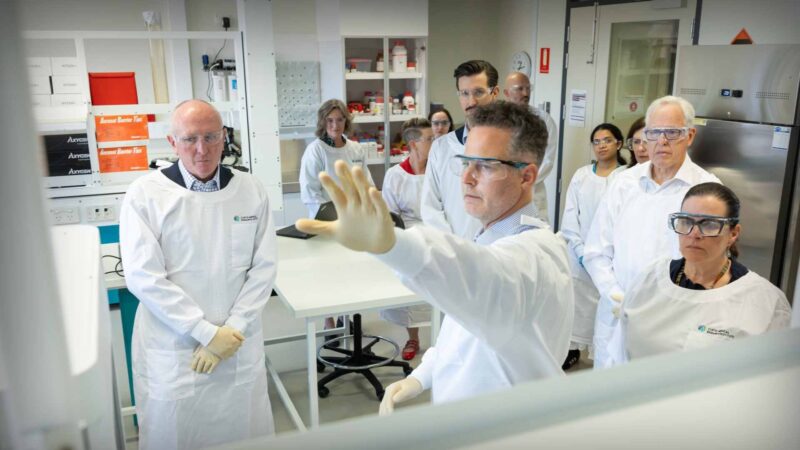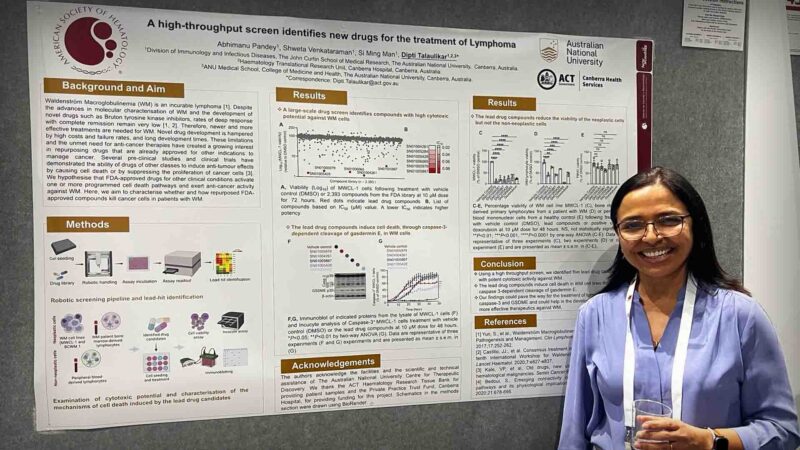FORENSIC PSYCHIATRY RESEARCH IN THE SETTING OF THE JUSTICE SYSTEM
With
Professor Kimberlie Dean, Head of Discipline
UNSW Psychiatry and Mental Health
Faculty of Medicine and Health, UNSW & Clinical Academic Forensic Psychiatrist
and Research Lead for Forensic Mental Health Justice Health and Forensic Mental Health Network, Sydney, Australia
RESEARCHER PROFILE
Filmed in Sydney, Australia | May 2025
Prof Kimberlie Dean is Head of the Discipline of Psychiatry and Mental Health at UNSW. She was appointed to the inaugural Chair in Forensic Mental Health at UNSW in 2011, a joint appointment with Justice Health NSW. She also holds a Clinical Academic appointment as a Consultant Forensic Psychiatrist with Justice Health NSW. She is Academic Program Director for the Masters Forensic Mental Health at UNSW.
Her academic journey commenced with studying medicine at the University of Tasmania and the University of Adelaide. During her medical training, she became intrigued by broader questions concerning mental health, which sparked her interest in epidemiological and population health research.
Prof Dean trained at the Institute of Psychiatry and Maudsley Hospital in London, completing clinical training in Forensic Psychiatry and a PhD in Epidemiological Psychiatry. She returned to Australia over ten years ago to continue her work at UNSW.
Her research interests include understanding links between mental illness and offending behaviour including violence and testing interventions in justice settings/populations. She is currently involved in a range of research projects involving survey methodology, data linkage and intervention evaluation.
At the heart of her research is a commitment to uncovering the truth and enhancing mental health for the most vulnerable community members.
Source: Supplied and adapted
You Might also like
-
Liver cancer & patient-derived tumour organoids
Dr Benjamin Dwyer is a translational cancer researcher driven by a clear purpose: to ensure discoveries made in the laboratory genuinely improve outcomes for patients.
Based at Curtin University, he established and now leads the organoid platform within the Liver Cancer Collaborative and directs the WA Organoid Innovation Hub, working at the intersection of biology, medicine and biotechnology to accelerate new treatments for liver cancer.
-
Lymphoma, Myeloma and Genomics
Professor Dipti Talaulikar is a clinical and laboratory haematologist with expertise in genomics, working at Canberra Health Services, and Professor at ANU. She has a clinical and research interest in lymphoma, myeloma and genomics, and has authored close to 100 peer reviewed papers, including several clinical guidelines that have had a significant impact on clinical practice.
-
Impact of Leukaemia Foundation’s Research Funding into Blood Cancer
Bill Stavreski is the Head of Research at the Leukaemia Foundation who talks about the research impact in recent years. The Foundation itself marks its 25th anniversary in 2025, having funded a wide range of health and medical research since 2000. With a focus on basic science, health services research, treatment, and care, the organisation has invested nearly $90 million (adjusted in current dollars terms) in approximately 370 research grants over the years.



